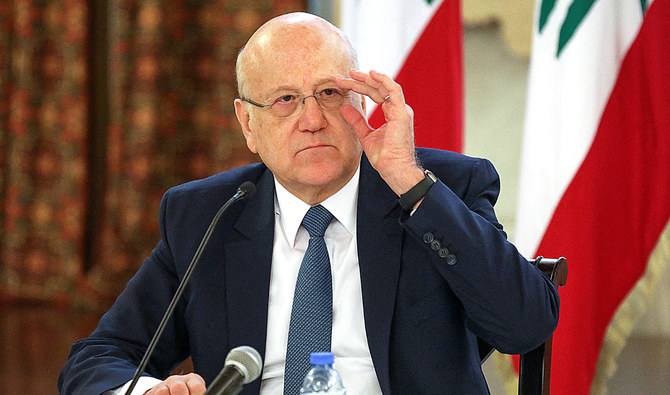
PARIS, (Reuters) – France’s foreign ministry on Tuesday said it was exploring with allies whether the time had come for those spoiling efforts to break the constitutional deadlock in Lebanon to face consequences. Lebanon has had no head of state since former President Michel Aoun’s term ended at the end of October, deepening institutional paralysis in a country where one of the world’s worst economic crises has been festering for years.
Foreign states have historically played a part in determining the presidency’s fate in a country that has been a theatre for international rivalries. Last month, representatives from France, the United States, Saudi Arabia, Egypt and Qatar met in Paris to discuss how to end the political stalemate in Lebanon, though the meeting did not result in the clear backing of any one presidential candidate, according to people briefed on the meeting. “We call on the Lebanese authorities, Lebanese leaders, all the political leaders to get out of this constitutional impasse,” foreign ministry spokesperson Anne-Claire Legendre told reporters in a daily briefing. “We have underlined that those who block … could be exposed to consequences.”










